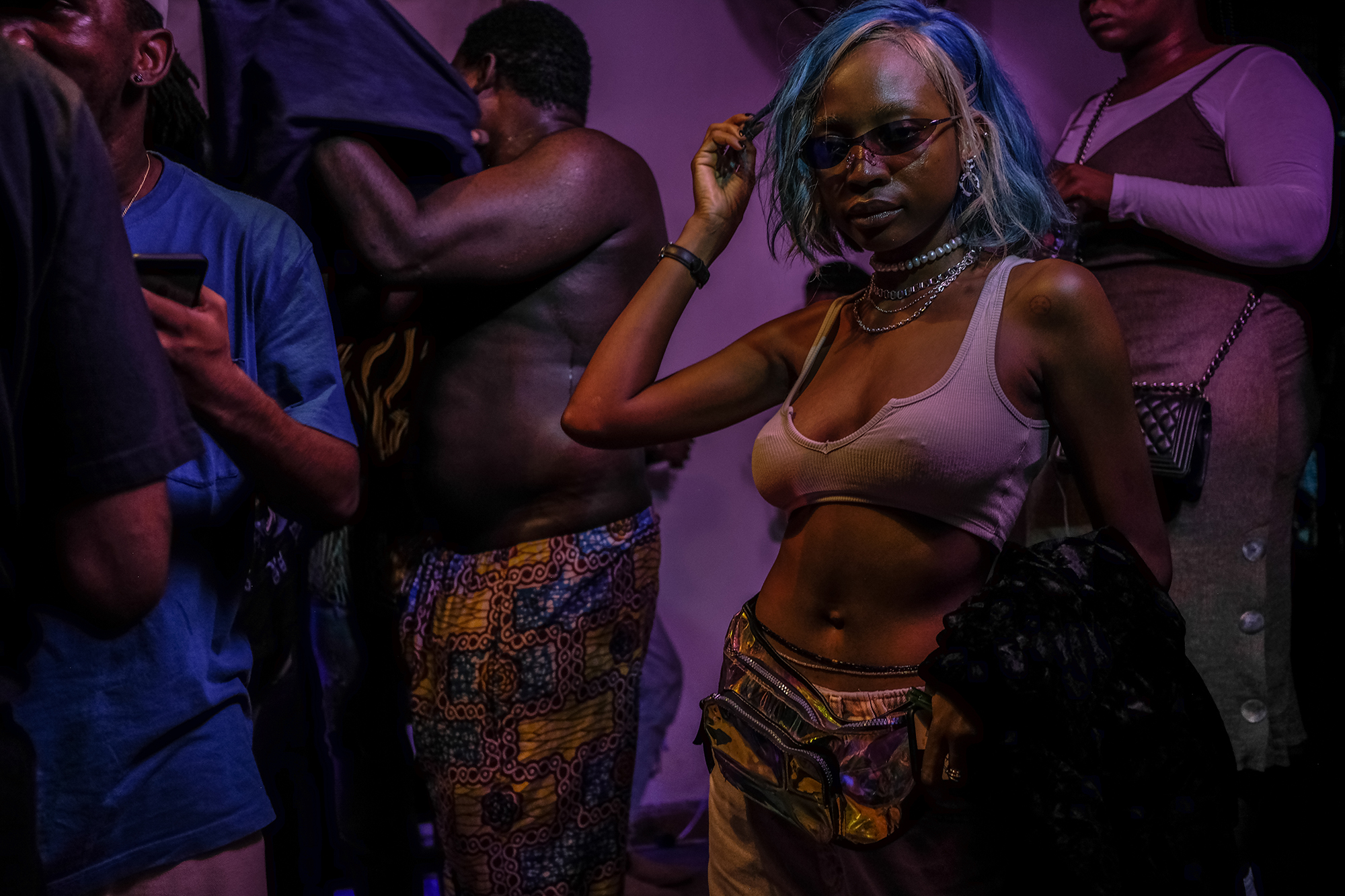We asked a handful of our favourite photographers to look back at 2019 and remember it through the photographs they took. From i-D contributions to personal pictures of friends, family and strangers on the street, this is Yagazie Emezi: My Year in Photos.
Documentary photographer Yagazie Emezi was born in Aba, in the south-east of Nigeria, and currently resides in Lagos. She began photographing the fashion scene in Lagos in 2015 and got into photojournalism a year later. Her work is powerful, emotional and at times uncomfortable to look at. She tells stories that address African women’s identities, health and sexuality. “Stories that are often dismissed, ignored or manipulated,” she says. Her personal projects are visual critiques that use fashion and studios, such as Consumption of the Black Model — a fashion piece criticising “the objectification of black bodies as props and as an ‘other’.” In her short career she has worked with many of the most prestigious global publications — Al-Jazeera, New York Times, Vogue, TIME, The Guardian, National Geographic — and captured poignant moments against an incredibly tense backdrop. “Photography has always been powerful because it speaks multiple languages and so can spur a range of emotions. It’s art and it can and has been a weapon. And like all things powerful, it comes with a responsibility and ability to do good and bad. It’s a dangerous and beautiful tool, all depends on who is holding it.”
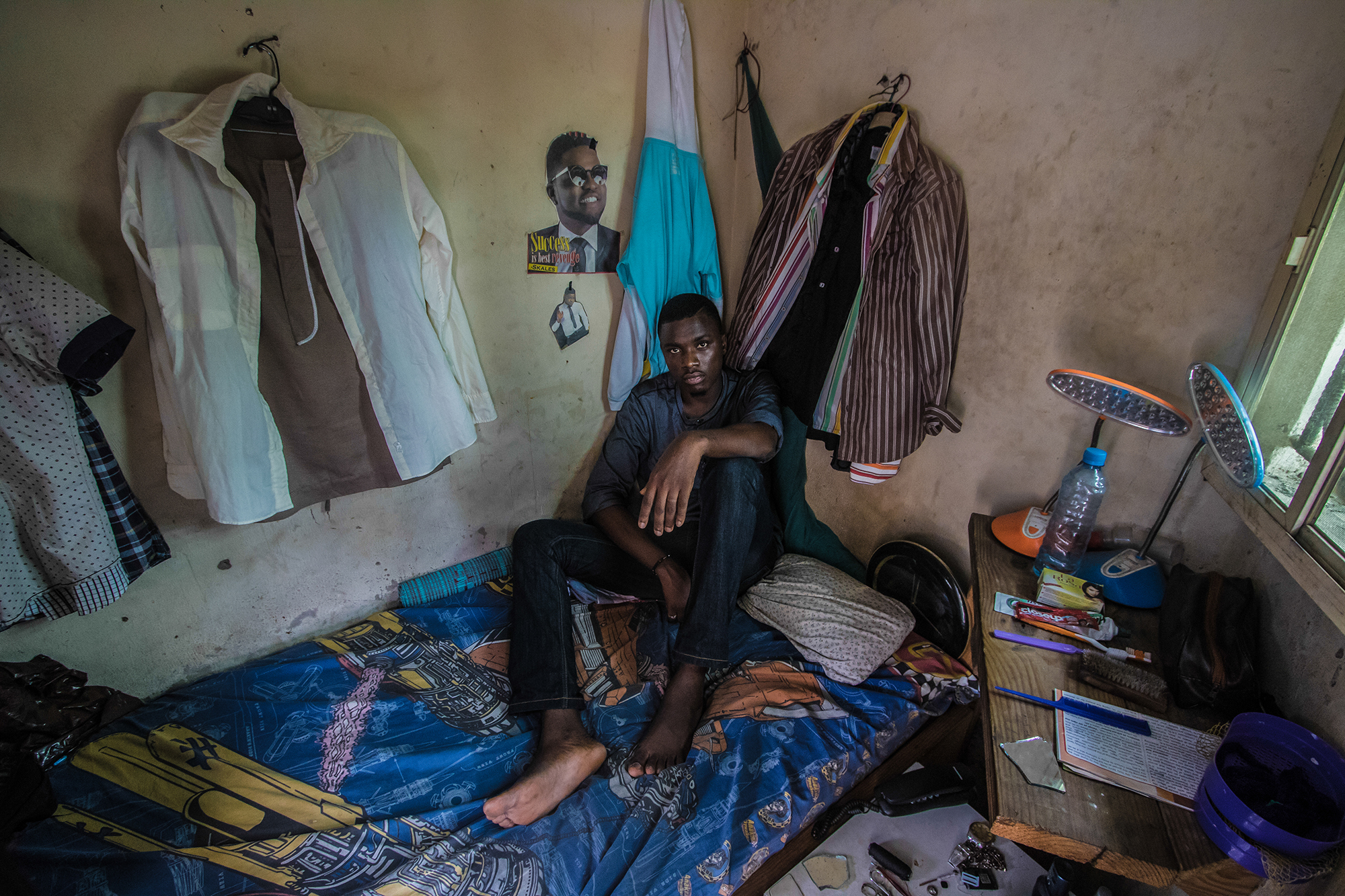

The Here Project
I started off my year a bit heavy with The Here Project, a photo series I began in 2016 to address the reality of sexual violence against women and the vulnerable young in Nigeria by photographing survivors (who volunteered) in spaces similar to where the violence took place. I had received a grant from the U.S. Consulate General in Lagos to complete it and worked with Stand to End Rape, a youth-led NGO to ensure that all steps of the project were handled sensitively and with heart.
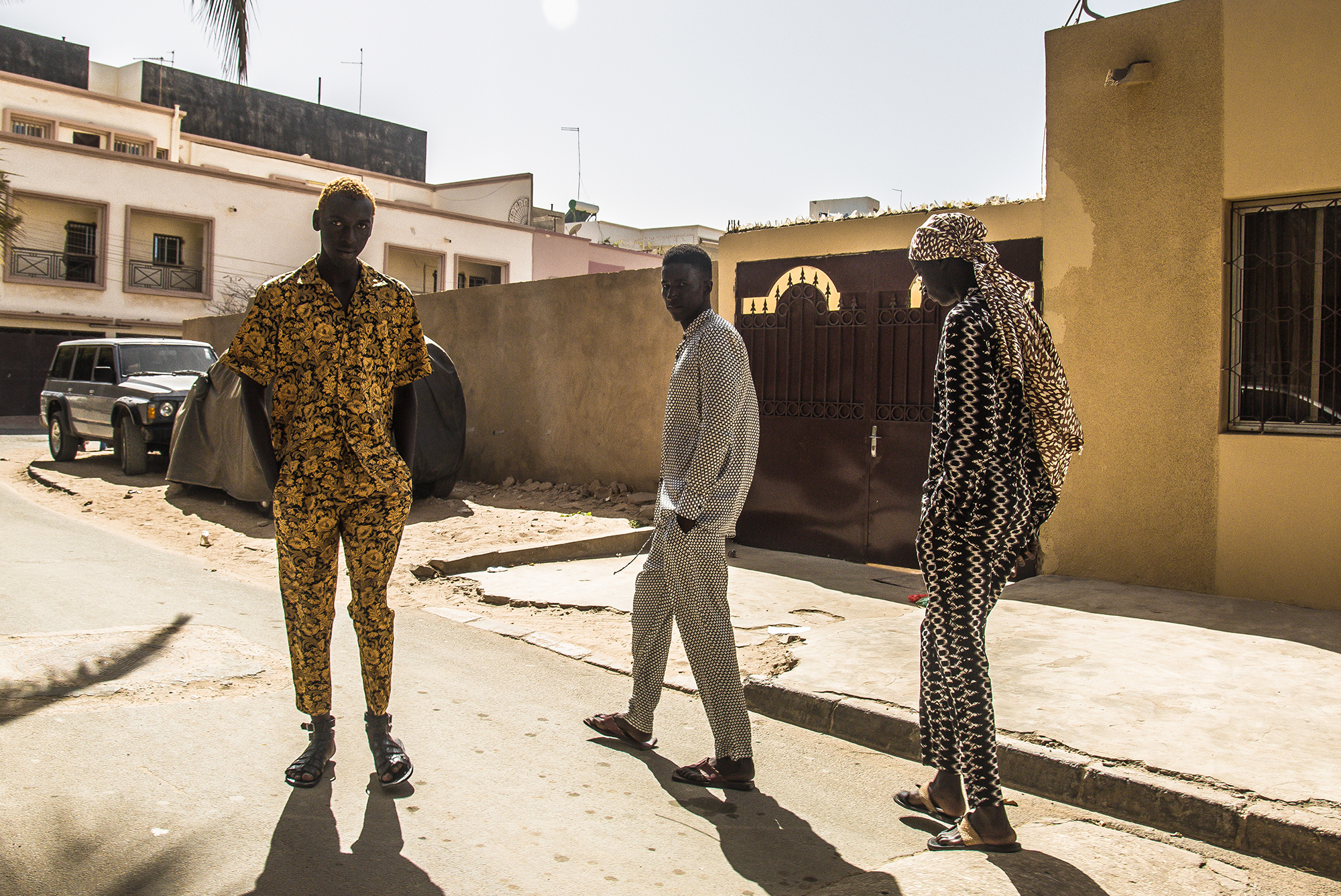
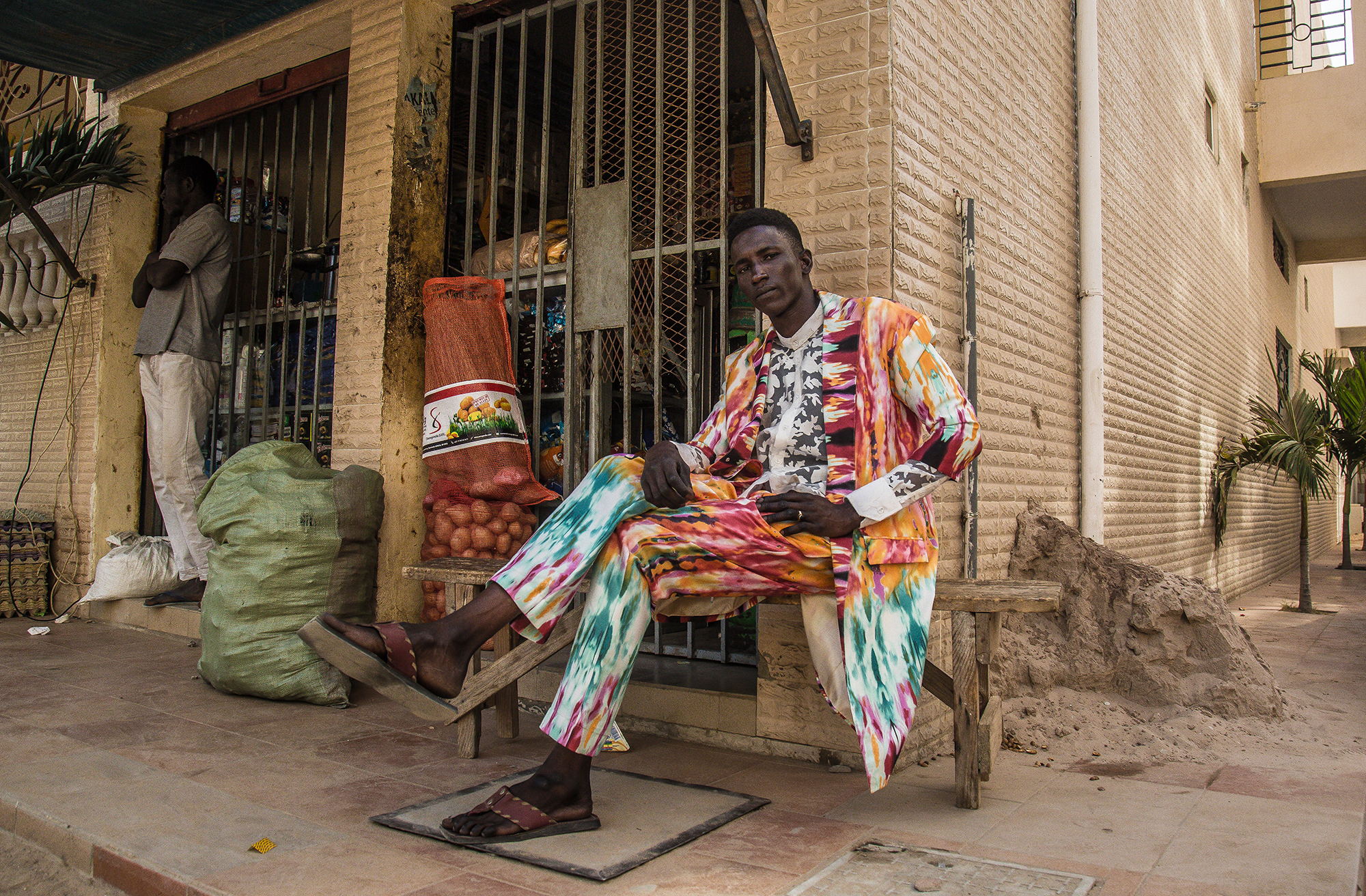
Tongoro
I went to Dakar, Senegal for the first time for my birthday, linked up with the talented Sarah Diouf and ended up photographing some of the menswear for her label Tongoro.
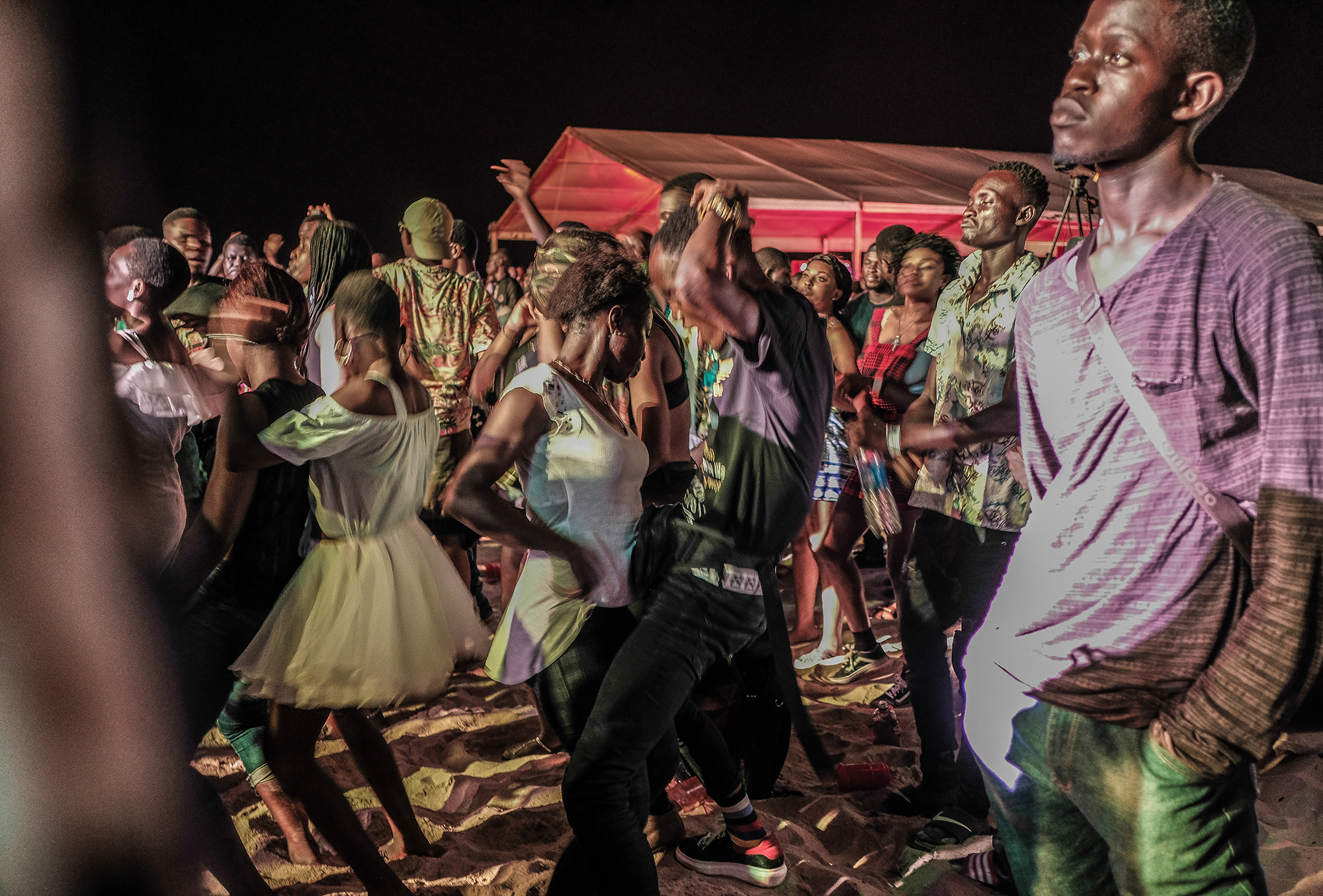
Gidi Culture Festival
I love this image I took at a music festival in Lagos. It was a very quick grab, but there’s something about it that reminds me of why I love this city so.

Trash Into Schools
This is one of my favourite images I look while on assignment for the New York Times on a story about turning trash into plastic bricks to build schools in Abidjan, Ivory Coast. The school buildings made out of plastic are pictured behind. I’ve been working more on stories around our changing environment, it’s so necessary to document but also very unfortunately, unavoidable.
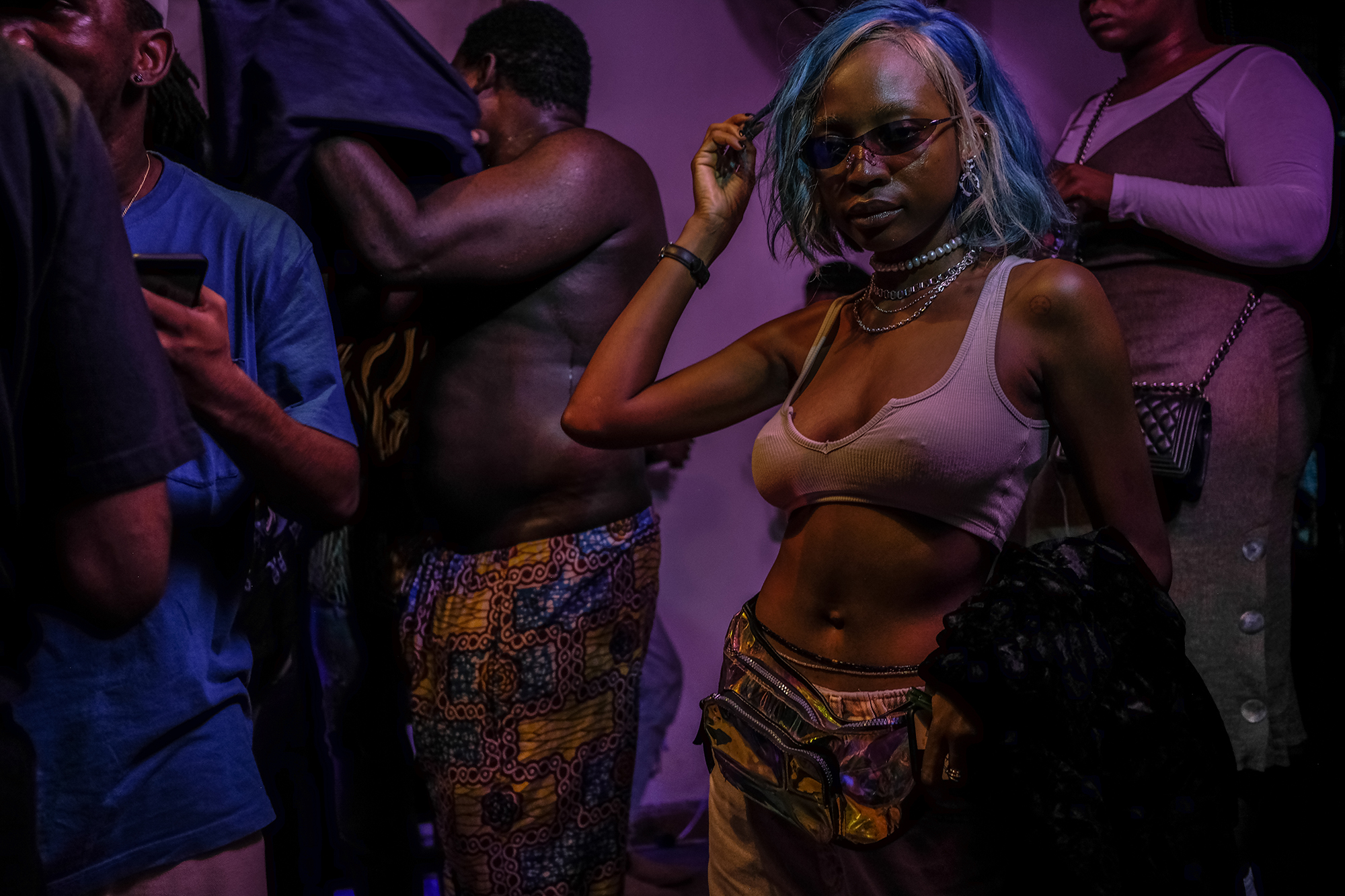
Boiler Room
Stylist Ashley Okoli at a Boiler Room event in Lagos. Just another one of those images I know I will look back on years into the future and remember how things always change.
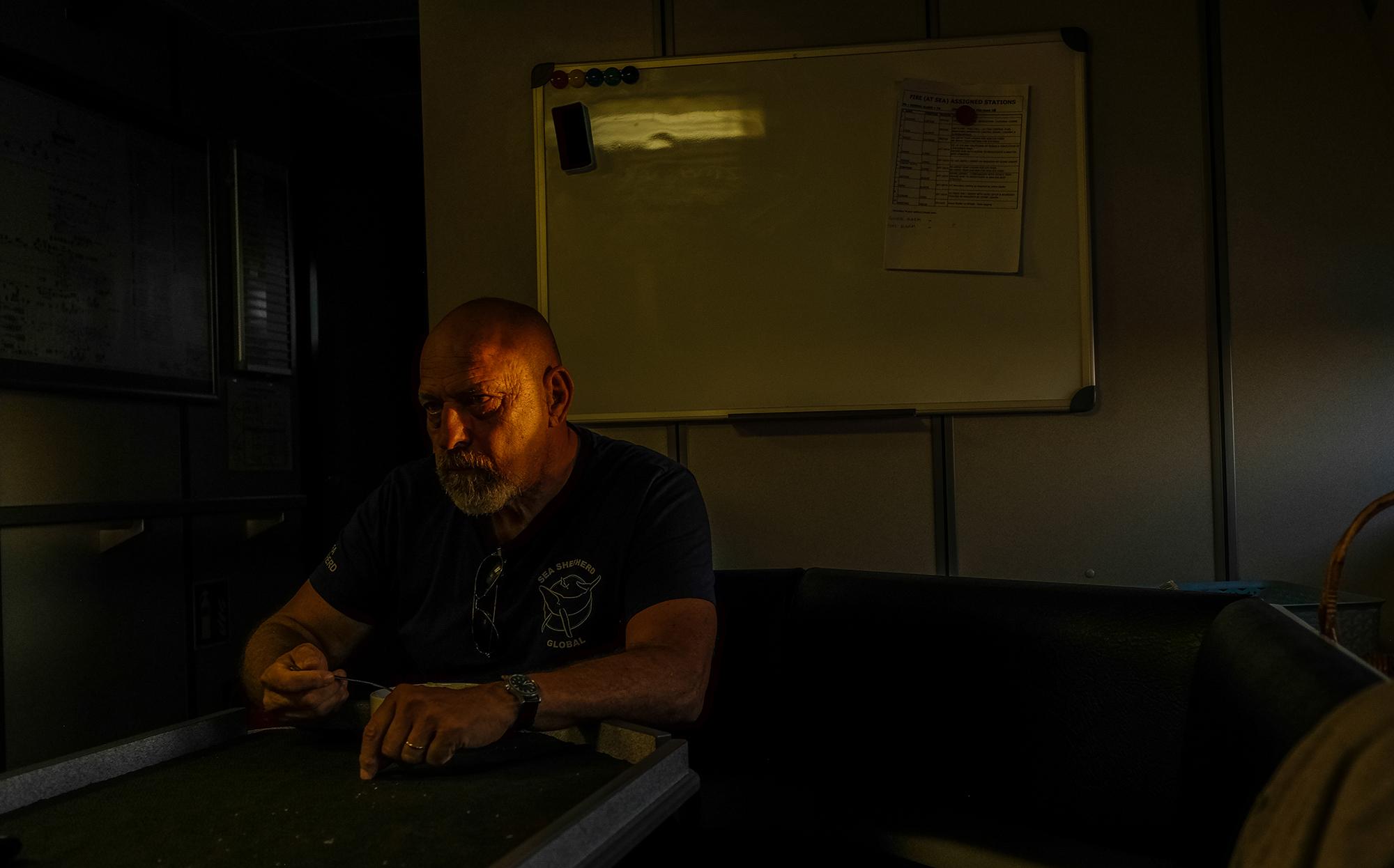
Sea Shepherd
I’ve been working with Sea Shepherd on and off for over a year now on illegal fishing along African coastlines. My latest mission was in Namibia for some weeks where absolutely nothing happened. I find this photograph of the captain at breakfast, a reflection of the restlessness and frustration of all the inactivity everyone onboard was enduring.
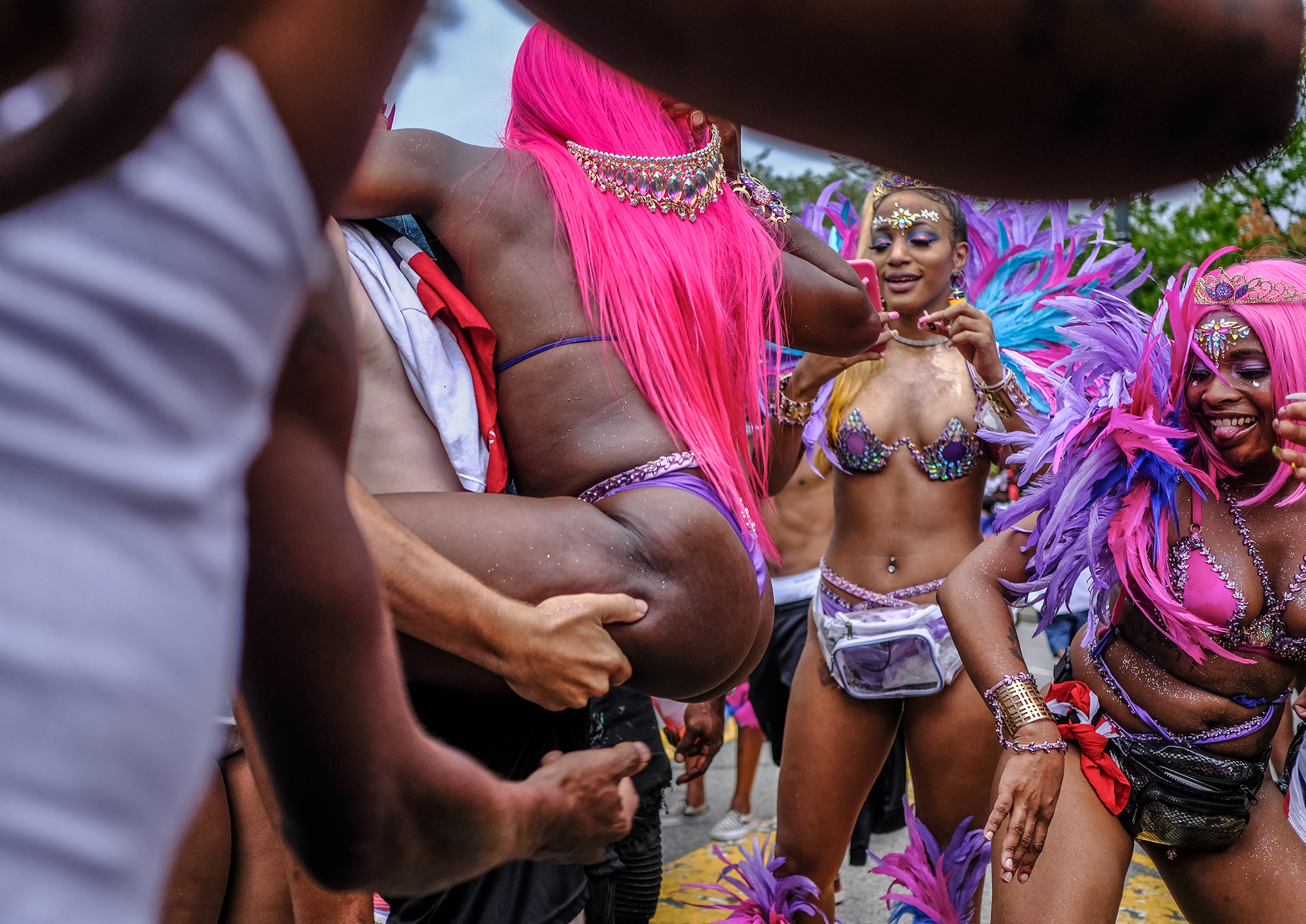
West Indian Day Parade
A moment at the parade in Brooklyn right before the rain came.
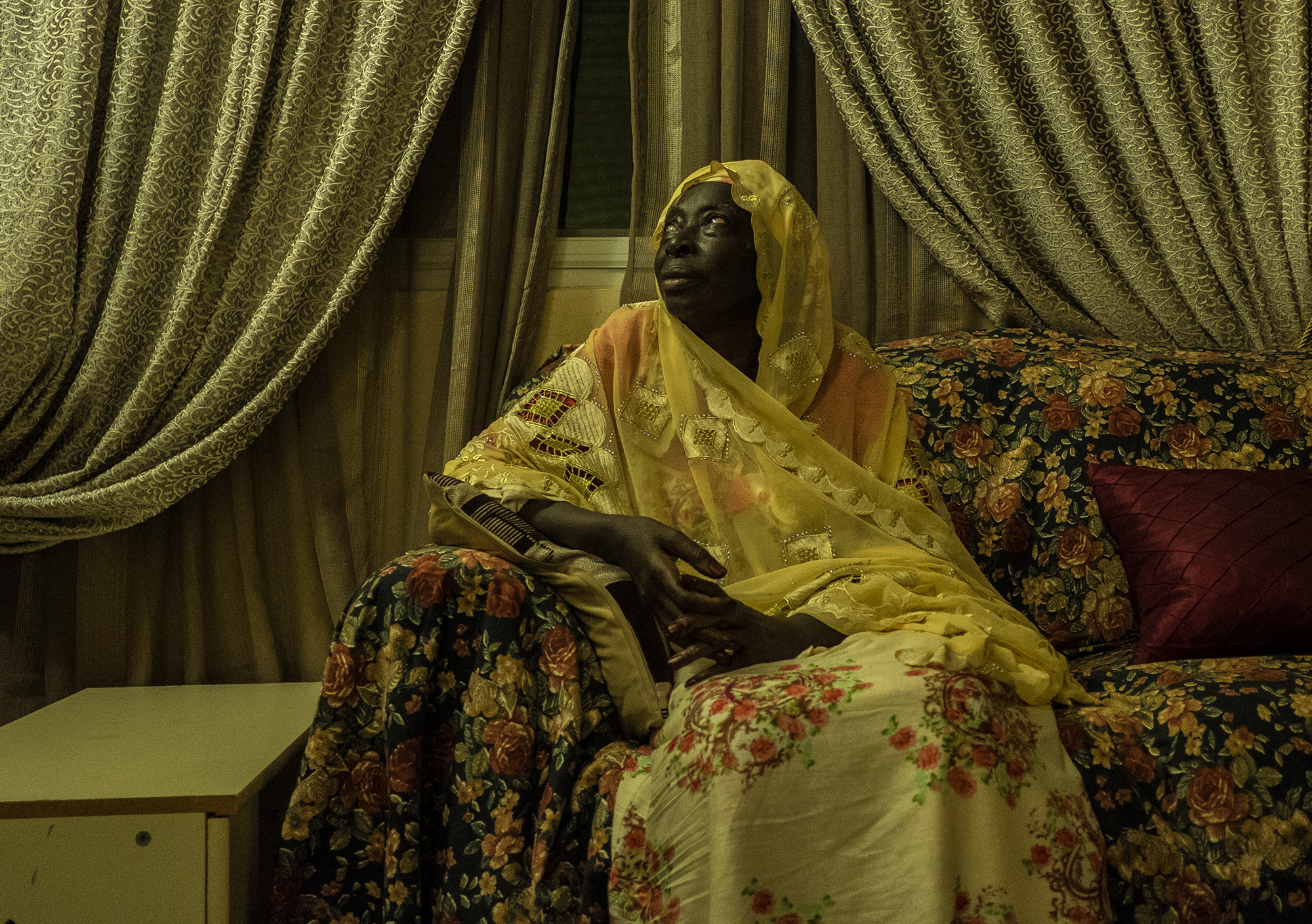
Gambia’s Truth Commission
This is Ya Mamie Ceesay whose son was murdered in 2013 under the orders of Gambia’s past president Yahya Jammeh. I photographed her while on assignment for the New York Times covering Gambia’s truth and reconciliation commission which is very publicly investigating the horrors that occurred during Jammeh’s 22-year reign. It’s one of my more tender photographs and a reminder to be grateful for the intimacy into lives that people grant me.
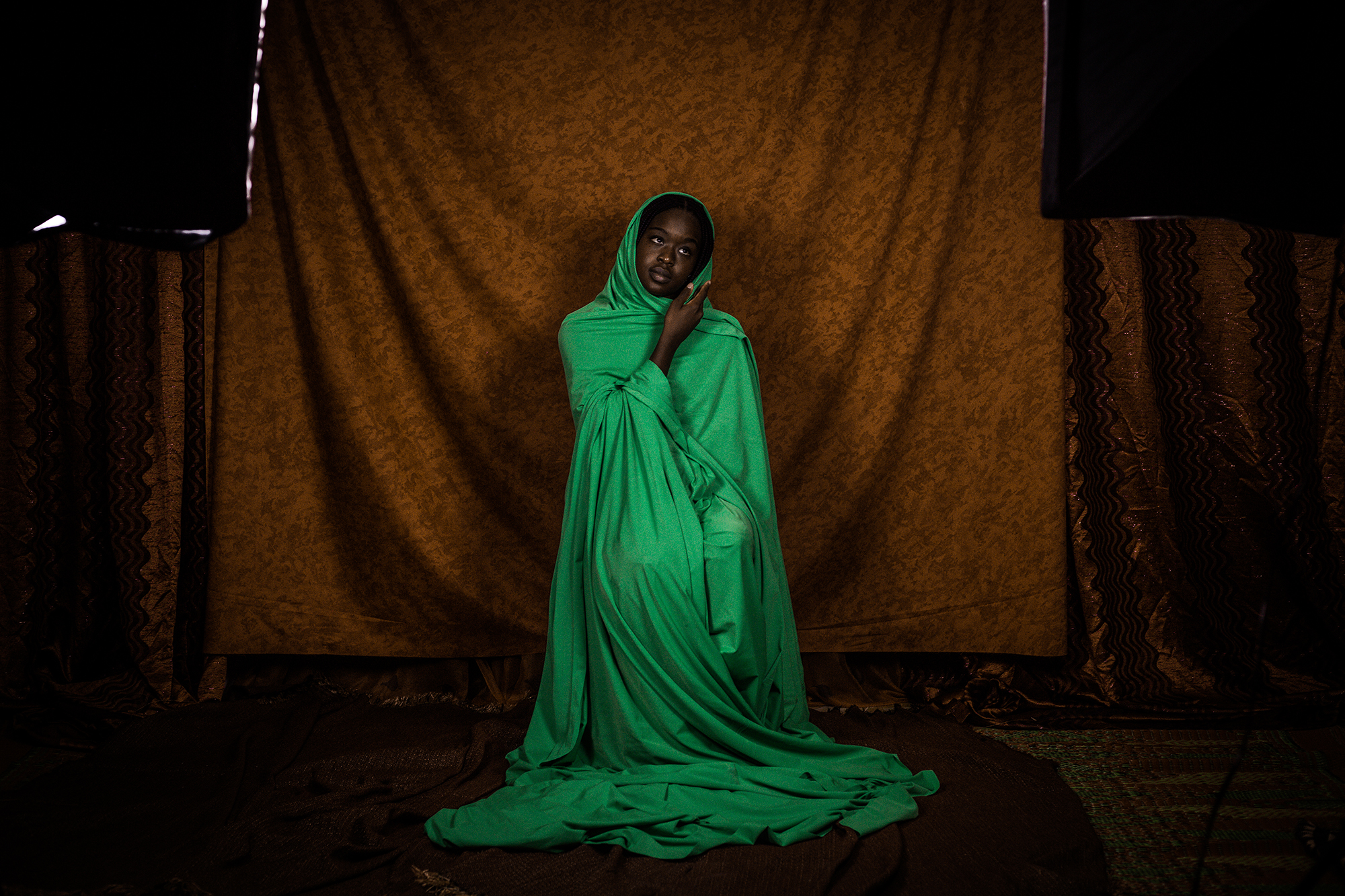
Black Rock Senegal
I was among the first artists to get accepted into Kehinde Wiley’s art residency this year which was pretty exciting for me mainly because I was completely burnt out from taking on assignments. The six weeks really gave me to the time for some massive recharging and also finally having the time to play with light in-studio, something I rarely get to do while in the field.
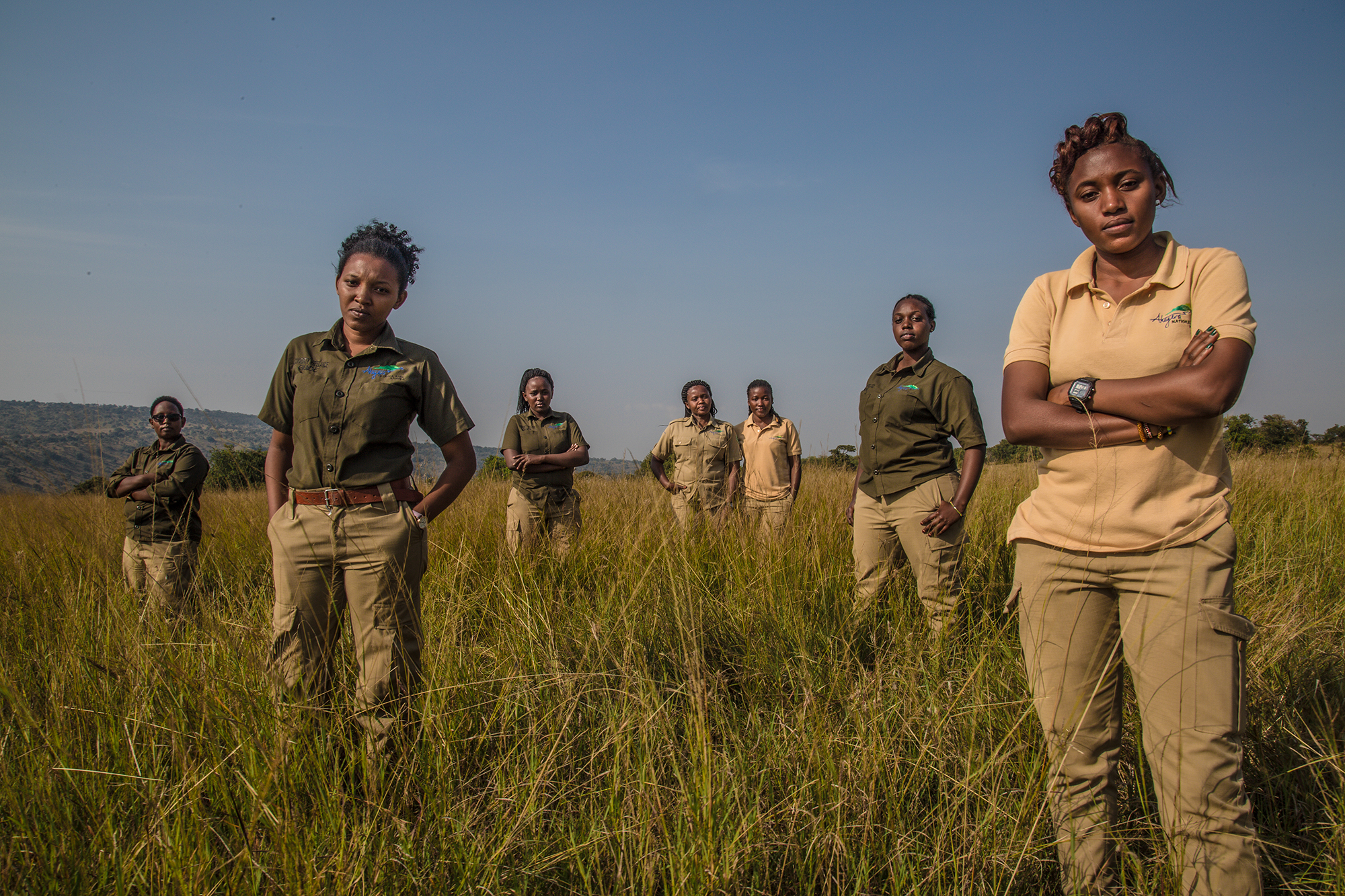
Remaking Rwanda
The all-women guides of Akagera National Park in Rwanda, one of the world’s most progressive countries for gender equality. They are recruited from local communities and the women no longer see anything unusual in a woman becoming a park ranger. I photographed this while on my first assignment with National Geographic for their November Women’s Issue.
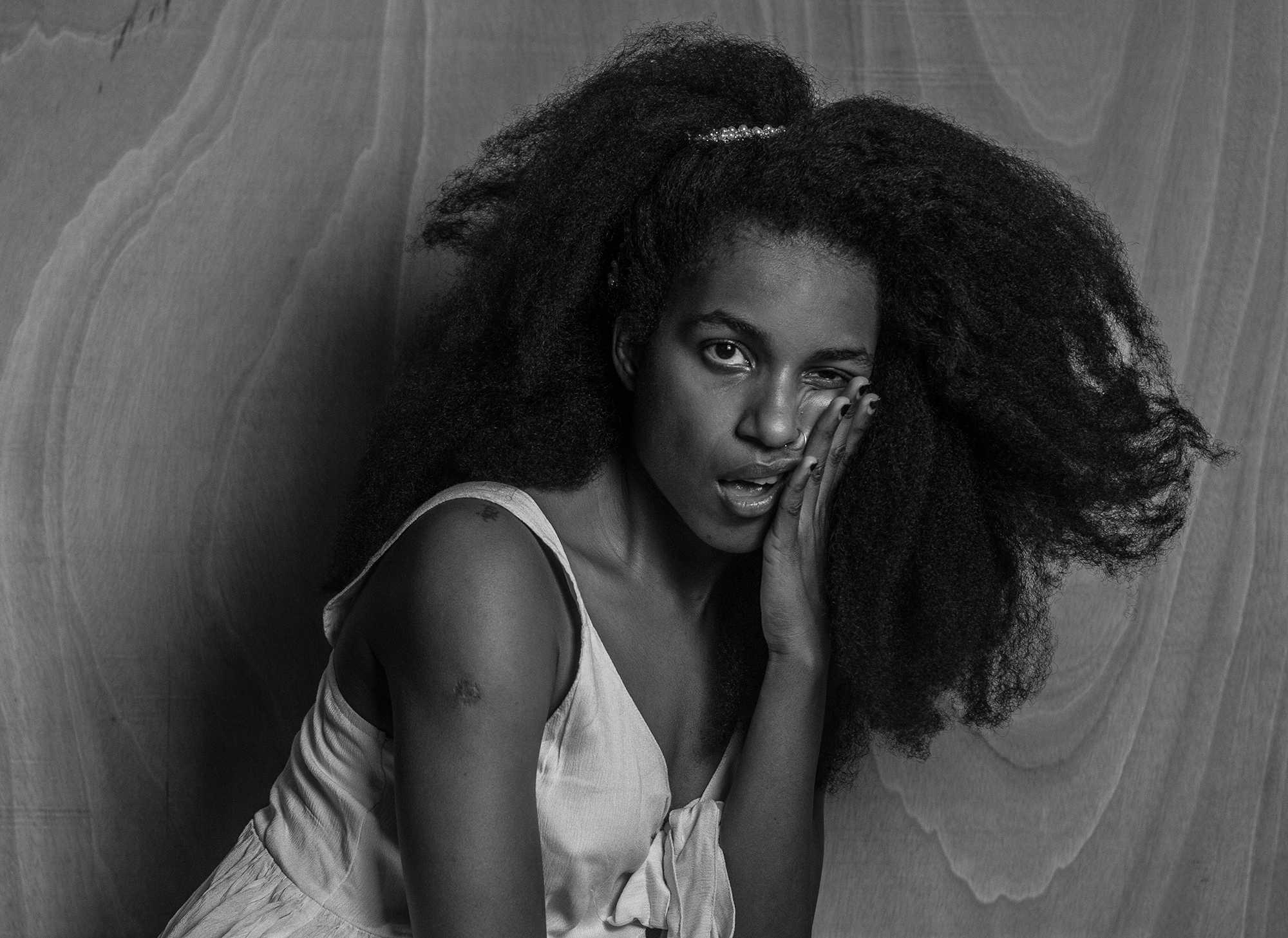
Self Portrait
My most recent.
